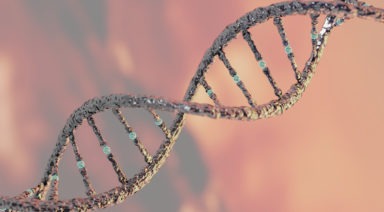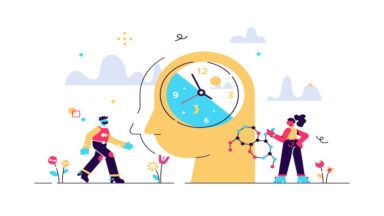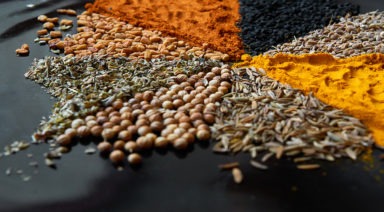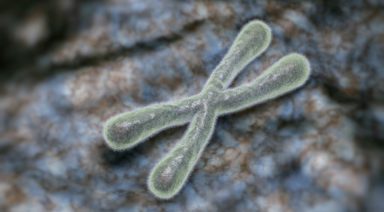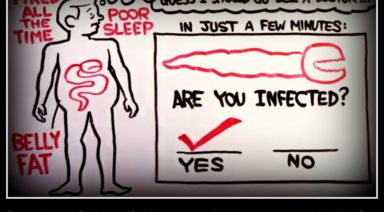Halt Heartburn and Acid Reflux Naturally

Ironically, heartburn has nothing to do with the heart, but it causes a burning sensation in the chest which can confuse most people. The good news is that you don’t have to put up with it.
What Causes Acid Reflux/GERD?
Acid reflux or heartburn occurs when stomach acid leaks back up into the esophagus. When you swallow, a circular band of muscle around the bottom of the esophagus relaxes to allow food and liquid to enter into your stomach. Normally this muscle valve, called the lower esophageal sphincter (LES), is closed and keeps the digestive acid and food inside the stomach where it belongs. However if the LES valve opens when it shouldn’t, hydrochloric acid from the stomach can reflux back and touch the lining of the esophagus. This can cause a burning sensation in the chest or throat known as acid reflux or heartburn.
Is the Standard Treatment Helping or Harming You?
Typically, acid reflux is believed to be caused by excessive stomach acid production and is treated with antacids that neutralize the acid. The “gold-standard” treatment is to prescribe H-2-receptor blockers or Proton pump inhibitors (PPIs) that work by completely blocking your stomach’s ability to produce acid. But this tactic misses the boat entirely, because acid reflux is NOT caused by too much acid in your stomach, it’s more typically caused by too little. Your body actually needs stomach acid to digest protein, activate digestive enzymes, keep the bacteria from growing in your small intestine, and absorb important nutrients like calcium, magnesium, and vitamin B12.
There’s a plethora of medical research indicating that suppressing stomach acid production tends to just worsen and perpetuate the condition. Acid blocking drugs prevent you from properly digesting food and cause vitamin and mineral deficiencies. Long term use can also cause deficiency in vitamin B12 which can lead to depression, anemia, fatigue, and nerve damage. They also cause dangerous overgrowth of bacteria in the intestine called Clostridia, leading to life-threatening infections. For many others, low-grade overgrowth of bacteria in the small intestine leads to bloating, gas, abdominal pain, and diarrhea leading to irritable bowel syndrome (IBS).
Yet another study in the Journal of the American Medical Association found that chronic use of acid-blocking drugs leads to an increase in the development of osteoporosis and an increase in hip fractures because blocking acid prevents the absorption of calcium and other minerals necessary for bone health. These are serious health concerns, and it’s pretty clear that in this case, the “cure” of acid-blocking drugs is worse than the “disease” of reflux. But that’s of little comfort when you’re suffering from heartburn.
Natural Options to Eliminate Heartburn
So if drugs aren’t the answer, what is? A combination of the right foods, nutrients, and lifestyle therapies can heal the problem, including:
- Re-inoculating your gut with enough good bacteria by taking a high quality probiotic supplement or by consuming fermented foods, such as kefir, sauerkraut and kombucha.
- Increasing your body’s natural production of stomach acid — one of the simplest strategies to encourage your body to make sufficient amounts of hydrochloric acid (stomach acid) is to consume enough of the raw material. A high-quality salt, such as Himalayan salt crystals, will not only provide you with the chloride your body needs to make hydrochloric acid, but it also contains over 84 trace minerals your body needs to perform optimally, biochemically. You can also try 2-3 teaspoons of Braggs organic, unfiltered apple cider vinegar in 8 oz of water or supplement with Betaine HCL available in health food stores without a prescription.
- Taking 1-2 capsules of digestive enzymes with each meal to aid in proper digestion and assimilation of your food.
- Taking 3-5 grams of glutamine powder in water twice a day to help heal the gut lining.
- Chewing 2 to 3 chewable tablets of DGL (a form of licorice) 15 minutes before meals.
- Supplementing with 200-400 mg of magnesium citrate or glycinate twice a day; magnesium helps the sphincter at the bottom of the stomach to relax, allowing the food to go down.
As you can see, there’s no need to suffer from heartburn and reflux or to take expensive and dangerous acid-blocking drugs. Try the changes suggested here to soothe your stomach and have your gut engine humming in no time.
You Can Rewire Your Brain to Eliminate Chronic Back Pain

A groundbreaking new study shows the remarkable efficacy of a brain-based treatment for chronic back pain. It provides new hope for a debilitating problem.
One in five Americans suffers from chronic pain, most often without receiving many benefits from invasive and costly treatments.
The most common type of chronic pain is chronic back pain- in 85% of cases of which no physical cause can be identified.
Dr. Yoni Ashar is a clinical psychologist and neuroscientist who studies psychological treatments for chronic pain. He recently led a study at the University of Colorado Boulder to determine whether a psychological treatment can eliminate chronic back pain — something no other therapy has ever before been scientifically proven to do.
“Our society predominantly thinks about chronic pain through a biomechanical, medical perspective. The most common treatments are physical; they’re injections or physical therapy, something targeting the body. What we’re learning more and more is that in many cases of chronic pain the problem lies in the mind or the brain. And we now have decades of research, both in neuroscience medicine and psychology, showing that there are a lot of changes that happen in the brain during chronic pain. In many cases, these can cause the pain to persist after an injury has healed.”
An important distinction that should be made when discussing chronic pain is that between the two types — primary and secondary.
“With secondary chronic pain, the pain is secondary to some medical problem or disease. With primary pain the pain is the primary problem, it is not secondary to anything else. What really is driving it are neuroplastic changes in the brain, and fear and avoidance. Fear is at the heart of chronic pain, so pain is a danger signal. The fundamental function of pain is to guide a person or animal away from things that are dangerous and when we perceive things to be dangerous that can amplify or even create this pain in our brains.”










